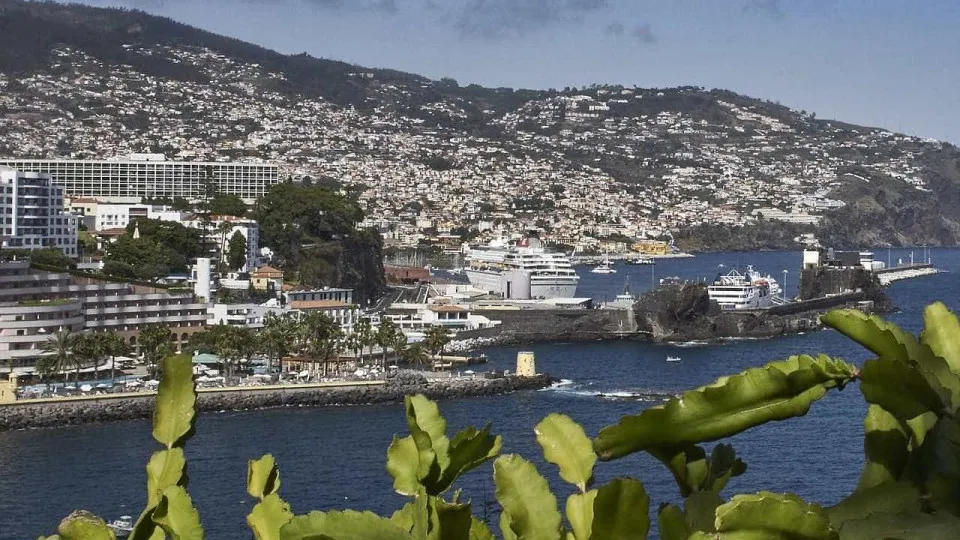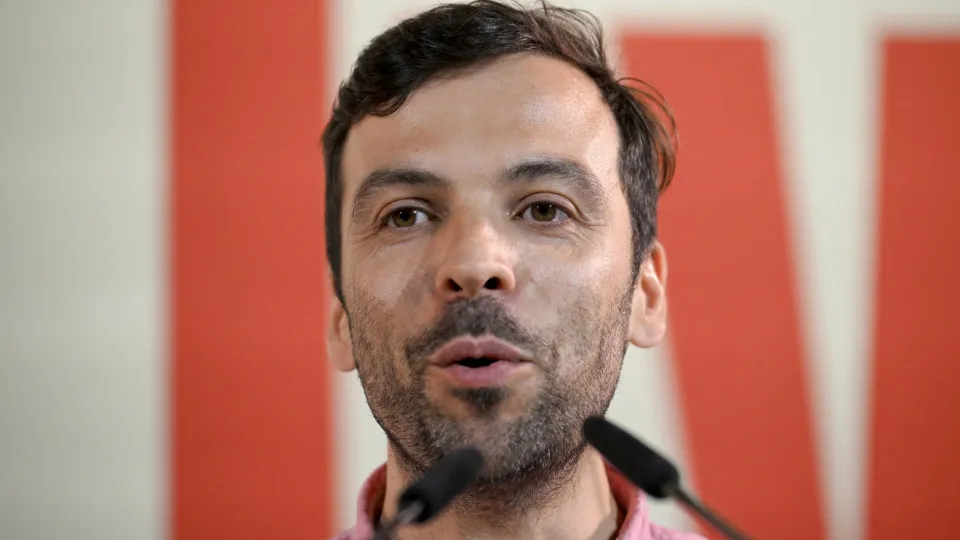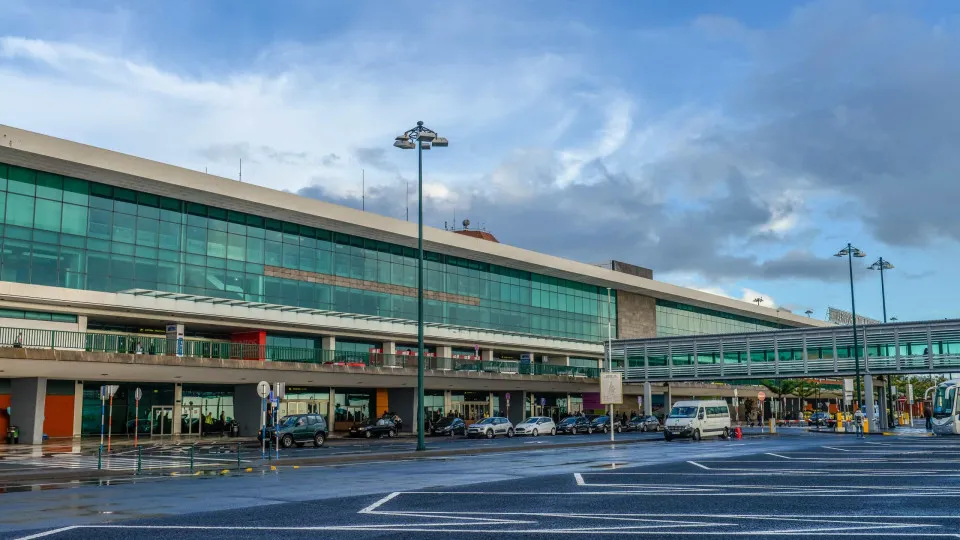The logic of companies competing in a consortia logic in the mobilizing agendas of the RRP is pushing for the model to be replicated in Portugal 2030.
The Prime Minister admitted the possibility of resorting to the loans component, under the Recovery and Resilience Plan (PRR), due to inflation that is making it impossible to meet the investments initially planned, particularly at the level of the IPSS. In the balance of the execution of the bazooka of “for now” 16.6 billion euros, in Belém, António Costa recalled that each euro of the RRP will generate a growth of 5.3 euros in Gross Domestic Product.
“We will probably resort to unused funds in the RRP due to inflation,” said António Costa giving as an example the impact that the price increase had on planned investments in the IPSS.
Portugal has 16.6 billion euros from the bazooka, of which 2.7 billion are granted to Portugal through loans and the rest in non-repayable funds. In addition, Portugal left, from the beginning, 2.3 billion euros pre-reserved in Brussels to use in financing companies should the need arise. Under the mobilizing agendas, which had an initial allocation of 930 million euros, it was the first time that the possibility of resorting to these loans was admitted, but then the additional 1.6 billion that the Portuguese RRP gained through the recalculation of indicators seemed to put this idea aside again even if the money was not enough. But the Executive could resort to the State Budget to complete the necessary funding. But this Wednesday António Costa added a new justification to resort to loans from Brussels which initially seemed not to be an option.
The Prime Minister recalled that the European Commission “has already paid 30% of all funds” after the fulfillment of all targets and milestones contracted with the EU, which makes Portugal the sixth country with more funds transferred by the European Commission. But he stressed that these achievements are “subject to vicissitudes, such as the rising costs of construction materials, the worsening disruption of supply chains, as exemplified by the chip crisis and legislative vicissitudes, such as the reform of professional associations .“A reform vital for the liberalization of the economy and to free the economy from corporate constraints,” said António Costa.
“The PRR has an impact that far exceeds 16.6 billion,” the head of government also recalled. Citing a study by the Office of Studies of the Ministry of Economy, the Prime Minister stressed that “each euro of the PRR will generate a growth of 5.3 euros in GDP. A leverage effect very present in the mobilizing agendas since the three billion euros of the bazooka will boost 7.7 billion euros of private investment in the 53 selected agendas.
The set of consortia of the mobilizing agendas “intends to produce two thousand more products, services or patents, with an increase in annual turnover of 8.8 billion euros, and this means that this multiplier effect for the coming years of the RRP will be very strong in the Portuguese economy,” he stressed.
The mobilizing agendas, besides having a transforming effect on the economy, are also “sowing important seeds for the future”, said António Costa. “What we are seeing is that, at the start of Portugal 2003,” the new community support framework, “there are many requests and pressure for it to be organized in consortia just as the mobilizing agendas were organized,” said the prime minister.
António Costa also recalled the “complementarity logic” of the RRP in several aspects, because it allows “including investments that are not eligible in the financing of normal structural funds”. This is the case of roads – “because in Brussels there is the idea that there are too many roads in Portugal” – and housing.
At the start of the session, taking place this Wednesday at the former Museu dos Coches, Marcelo Rebelo de Sousa thanked António Costa for coming to Belém for the second time to “take stock of this matter of national interest. And stressed that “this is an example of institutional and strategic solidarity,” said the Head of State, “because the strategy embodied in the PRR, and everything that involves it, must have a national success.








